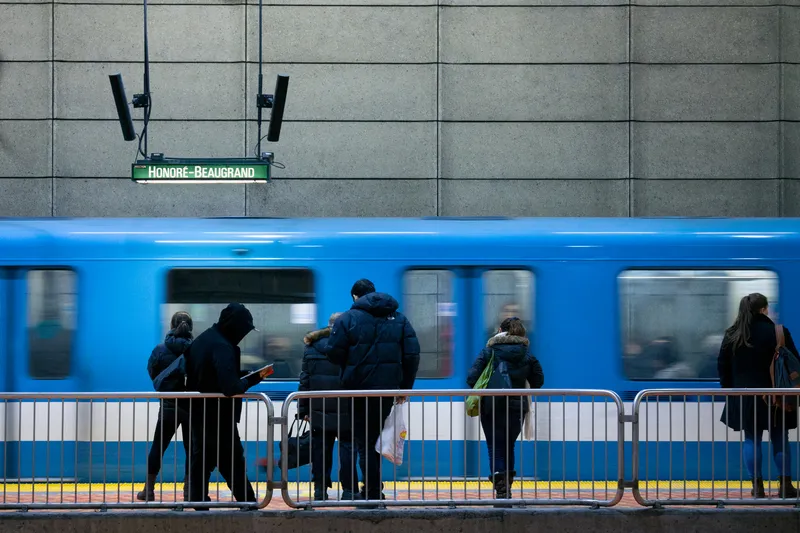Volvo Group's North American subsidiary, Nova Bus, and Canada’s Societe de Transport de Montreal (STM), are to partner on an electrification project for the public transit system of Montreal.
A memorandum of understanding signed by both companies includes the testing of three Nova LFSe electric buses and two charging stations in Montreal. The goal is to have the noiseless and emission-free buses operational for demonstration in the third quarter of 2015 and in regular traffic for three years, beginning
November 25, 2013
Read time: 3 mins
A memorandum of understanding signed by both companies includes the testing of three Nova LFSe electric buses and two charging stations in Montreal. The goal is to have the noiseless and emission-free buses operational for demonstration in the third quarter of 2015 and in regular traffic for three years, beginning in 2016. The three fully electric buses will be used in city operations in Montreal and charge rapidly at bus terminals. The energy storage system used in the vehicles is leveraging on the extensive Volvo Group knowledge and technology.
Montreal will be the first city in North America to take part in the Volvo Group City Mobility program. This program brings together key players to implement sustainable and integrated innovative pilot projects. The City Mobility program includes new technologies for improving energy efficiency and reducing emissions, developed by Volvo, such as hybrid and electric vehicles.
This strategic partnership aims to make Montreal a leading city with innovative solutions for electric transit. It is in line with the Government of Quebec's Transportation Electrification Strategy for 2020 to significantly lessen its ecological print and the City of Montreal's target for reducing greenhouse gas emissions by 30 percent in 2020, compared to 1990 levels.
"We are proud to strengthen our partnership with Montreal and welcome the efforts of the Government of Quebec for the electrification of transit in Montreal," said CEO and president of Volvo Group, Olof Persson. "We have developed the city mobility program to work with governments and city authorities around the world to solve the urban transportation challenges and offer silent, emission-free and safe solutions."
Michel Labrecque, Chairman of the STM board of directors, commented: "The STM strives to become the best public transit authority in the world in its category. Our active participation in this type of demonstration project enables us to test new technologies in real operating conditions and to assess their impact on planning, operations, maintenance, and above all, the improvement of customer service. This is also our way of contributing to the greenhouse gas emissions reduction targets of the Government of Quebec and the City of Montreal."








